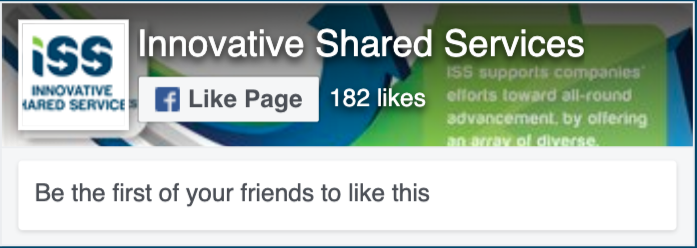Purpose
This Qualification is for any individual who is or wishes to be involved in the Administration function within any industry, or non-commercial venture/organization. It is also the building block to advance the learner into the National Certificate in Business Administration Services: NQF Level 5.
The Core Component of the Qualification offers the learner knowledge and skills in the Management of Records, Comprehension of written and verbal texts, Business Writing, Problem Solving, Ethics, Cultural Awareness, Self Management and Self Development, Project Teamwork and Business Policies and Procedures. The Qualification through its Elective Component enables the learner to specialize in areas of Administration such as Reception, Executive Administration, Financial Literacy, Relationship Management, Legal Knowledge, Communication, Project Administration and Support, Call Centre Administration and Human Resources.
Learners working towards this Qualification will find that the acquisition of competence in the Unit Standards, which make up the Qualification, will add value to their jobs. This Qualification is intended to enhance the provision of service within the field of Administration within all business and non-commercial sectors. The Qualification ensures progression of learning, enabling the learner to meet standards of service excellence required within the Administration field of learning, through building day-to-day Administration skills as well as general operational competencies. It will provide the broad knowledge, skills and values needed in the Administration field for all business and non-commercial sectors and will facilitate access to, and mobility and progression within, education and training.
Who Should Attend
The National Certificate in Business Administration Services: NQF Level 4 is designed to meet the needs of those learners both employed or unemployed, who are already involved or wish to become involved in the field of Administration. Administration is an essential field of learning as Administration competencies apply to all industries and to many non-commercial ventures such as sports/recreation clubs, religious groups, etc. This means that there is an on-going need for skilled Adminstrative people to carry out these functions both in the commercial and non-commercial sectors. There is also a need to develop career paths in this field so as to offer people involved in Administration the opportunity to continue with a programme of life-long learning, which will make them knowledgeable and skilled employees with enhanced employment opportunities.
Outcomes
- Have knowledge of the procedures for stock and fixed asset control.
- Develop Administrative systems together with other employees.
- Improve organisational effectiveness.
- Present information that is routinely and regularly required, as well as specific information that is requested from time-to-time.
- Manage service providers.
- Be an effective employee in the Administrative section of an organisation.
- Be aware of how fraud can be present in an office environment and assisting in its control.
- Display Cultural awareness in dealing with customers and colleagues and utilising the differences in a positive way to enhance the effectiveness and image of the organisation.
- Identify and solve work related problems together with others in the section.
- Apply efficient time management processes, procedures and techniques.
- Be an effective member of a team.
- Become a knowledge worker.
Modules
1. Effective communication with Clients and Colleagues
2. Professional Development
Unit Standards
3. Workplace Ethics and Etiquette
Unit Standards
4. Business Administration Functions
Unit Standards
- Manage administration records
- Develop administrative procedures in a selected organisation
- Implement project administration processes according to requirements
- Describe and apply the management of stock and fixed assets in a business unit
- Apply the budget function in a business unit
- Present information in report format
5. Managing Service Providers
Unit Standards
6. Understanding the impact of the macro environment
Unit Standard
7. Communication (English)
Unit Standards
8. Communication (Afrikaans)
Unit Standards
9. Numeracy
Unit Standards
- Measure, estimate & calculate physical quantities & explore, critique & prove geometrical relationships in 2 and 3 dimensional space in the life and workplace of adult with increasing responsibilities
- Apply knowledge of statistics and probability to critically interrogate and effectively communicate findings on life related problems
- Use mathematics to investigate and monitor the financial aspects of personal, business, national and international issues


